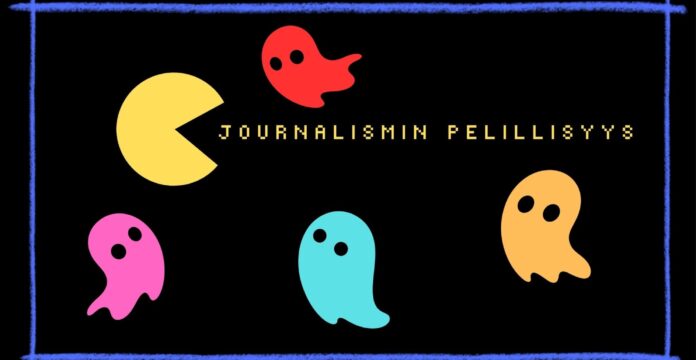In the research I approached participation from the resource-oriented point of view. This means, that participation as phenomenon is based on individual’s personal strengths and resources. Participation is individual’s opportunities to use his or her strengths and resources for his or her self-fullfilment. One part of the questions for young immigrants was related to strengths and resources of the young immigrants. I asked how young immigrants consider their strengths and resources, what they are good at and have they discussed with their social workers about their strengths and what they are good at.
I interviewed twenty five young immigrants. Nine interviewees answered, that they had discussed about their strengths and what they are good at with their social worker. Sixteen of the interviewees hadn’t discussed about their strengths. Twelve interviewees answered, that it would be good or could be useful to discuss about strengths or it wouldn’t harm or benefit to discuss, or if the social worker asked, they would tell about their good sides. Six interviewees answered, that it’s no use, it isn’t important, it’s useless or it didn’t help to discuss about own strengths and good sides with the social worker.
You can find more information on the results by clicking the following report (in Finnish) Maahanmuuttajataustaiset nuoret aikuissosiaalityön asiakkaina – osallisuuden uudet haasteet? Tuloksia sosiaalityöntekijöiden ja -johdon sekä nuorten teemahaastatteluista.
I paid attention to the amount of respondents, who answered, that it would be good to discuss about their strengths and the amount of respondents, who answered, that it’s no use or it’s useless to discuss about their strengths. Young immigrants willing to discuss about what they are good at seem to maintain hope about bringing out their strengths. I am concerned about young immigrants, who consider, that discussing about their strengths is useless or there is no use to discuss about them. Compared to the idea of participation, that participation is individual’s opportunities to use his or her strengths and resources for his or her self-fullfilment it seems to me, that these six young people have somehow given up hope to bring out their strengths and show, what they can. I think that these results represent some kind of risk of social exclusion and the results should be worried about viewed from the perspective of social exclusion.

Figure 1. Young immigrants’ opinions about their opportunities to bring out their strengths and resources in the context of Finnish social services. (Turunen 2014, 10).
Minna Turunen
Doctoral Student
Social and Health Care Management



